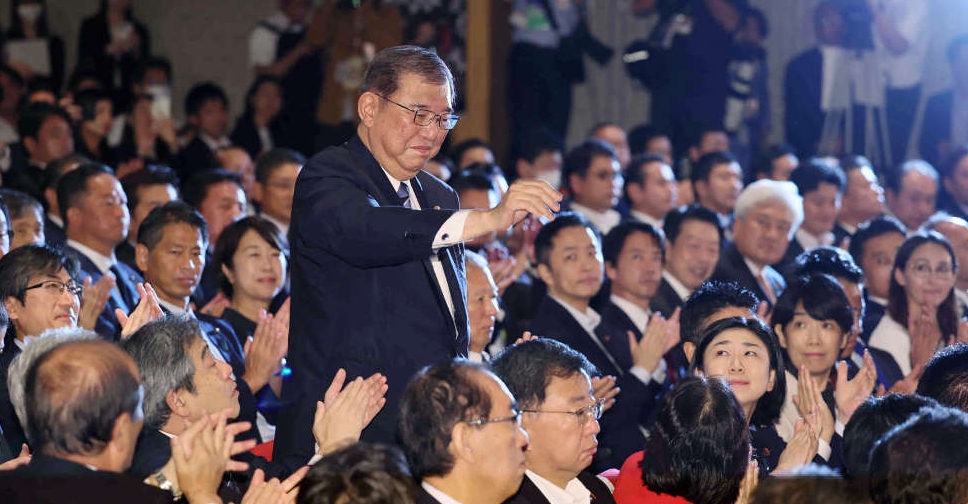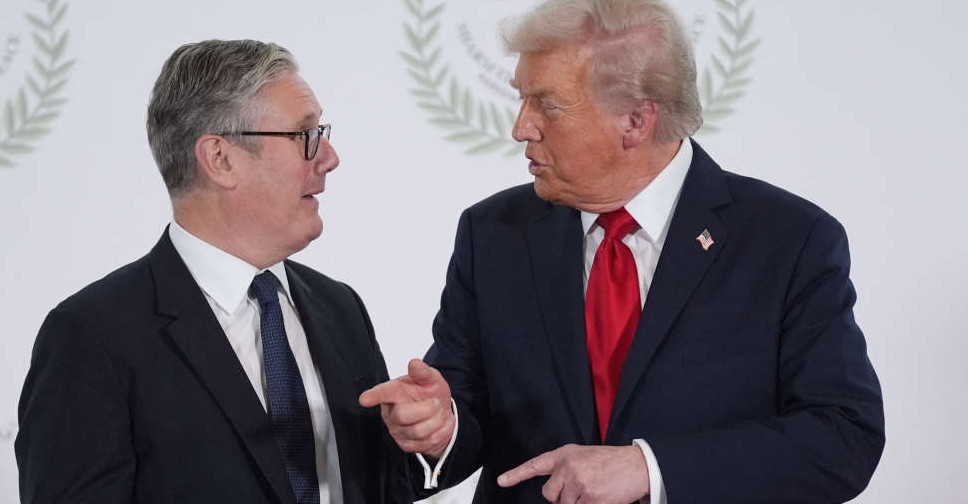
Former Defence Minister Shigeru Ishiba is set to become Japan's next prime minister after winning a closely fought contest in his fifth and final attempt to lead the ruling Liberal Democratic Party (LDP).
The 67-year-old prevailed over hardline nationalist Sanae Takaichi in a run-off vote in what was one of the most unpredictable leadership elections in decades with a record nine candidates in the field.
The leader of the LDP, which has ruled Japan for almost all of the post-war era, is essentially assured of becoming the next premier because of its majority in parliament.
The scramble to replace current premier Fumio Kishida was sparked in August when he announced his intention to step down over a series of scandals that plunged the LDP's ratings to record lows.
"We must believe in the people, speak the truth with courage and sincerity, and work together to make Japan a safe and secure country where everyone can live with a smile once again," an emotional Ishiba said in a brief speech to lawmakers after the result.
Ishiba must quell anger at home over rising living costs and navigate a volatile security environment in East Asia fuelled by an increasingly assertive China and nuclear-armed North Korea.
His approach to diplomacy with Japan's closest ally, the United States, will be in focus given he has repeatedly called for a more balanced relationship.
In his campaign, he also called for the creation of an Asian NATO, an idea that could draw ire from Beijing and has already been dismissed by a senior U.S. official as hasty.
U.S. ambassador to Japan, Rahm Emanuel, congratulated Ishiba in a post on X saying he looked forward to working with him to strengthen the U.S.-Japan alliance.
Ishiba entered parliament in 1986 after a short banking career, but his outspoken views have earned him enemies in the LDP.
He was sidelined by outgoing prime minister Kishida, instead becoming a dissenting voice in the party who enjoyed broad support from the public and rank-and-file members.
He has rebelled on policies including the increased use of nuclear energy and has criticised his party for not allowing married couples to use separate surnames.
His contrarian views and spats with colleagues contributed to four previous failed leadership bids. He has said this was his "final battle".



 Syrian government, Kurdish-led SDF agree integration deal
Syrian government, Kurdish-led SDF agree integration deal
 Trump warns Britain on China ties as Starmer hails progress in Beijing
Trump warns Britain on China ties as Starmer hails progress in Beijing
 Israel releases 15 Palestinian bodies as truce deal shifts to next phase
Israel releases 15 Palestinian bodies as truce deal shifts to next phase
 WHO sees low risk of Nipah virus spreading beyond India
WHO sees low risk of Nipah virus spreading beyond India



